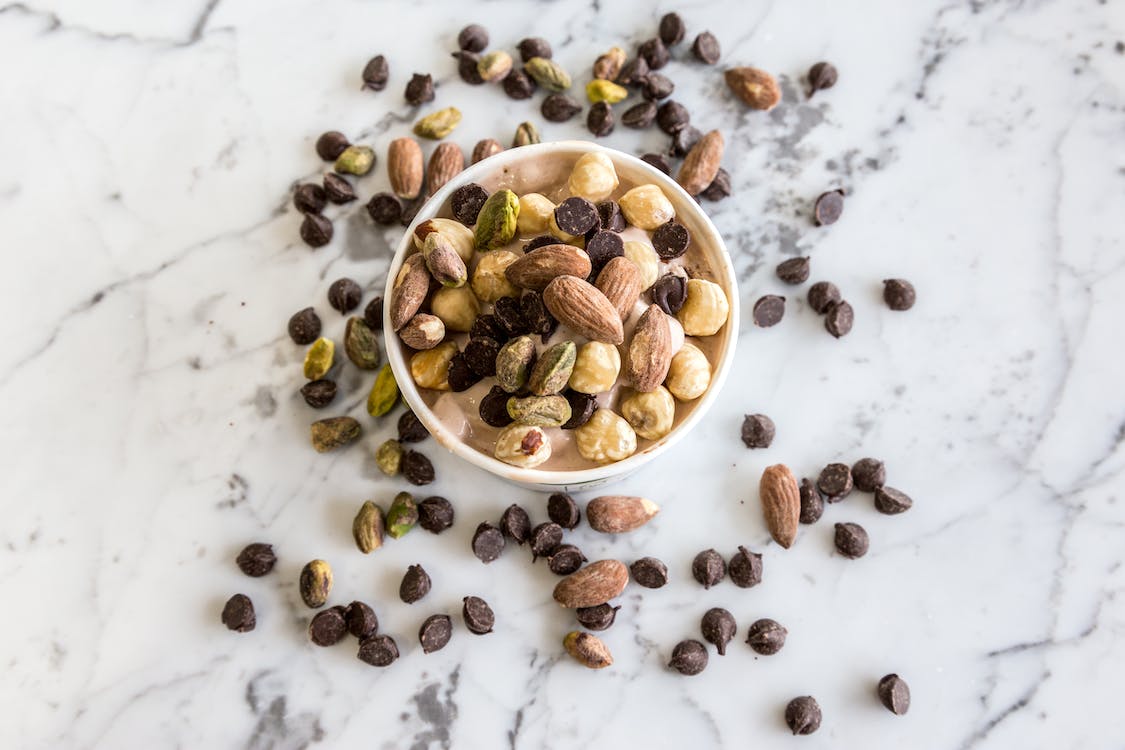5 Foods that May Improve Your Memory

For both our current and future quality of life, it is crucial to protect our memory. Nutrition significantly affects how the brain functions as well as various methods for boosting brainpower to improve memory. The composition and condition of our brains can be significantly influenced by the meals we eat. A diet that supports brain health can help the short and long-term functions of the brain.
Any measures that can be performed to safeguard the brain from the effects of aging are crucial because brain function normally declines with age and the prevalence of Alzheimer’s disease is rising. These 5 foods for the brain, ranging from fatty fish to vegetables have been shown to improve memory, sharpen our thinking, and promote general wellness.
Fatty Fish
Fatty fish is frequently cited as one of the best nutrients for the brain. Among the fish in this category are sardines, trout, and salmon. Omega-3 fatty acids, which have been promoted as a brain tonic for both young and old, are most abundant in fatty fish. Salmon is one of the best fish when it comes to your brain. You may say goodbye to brain fog thanks to its abundance of omega-3 fatty acids, which also aid to strengthen memory.
Green Tea
Due to a brain chemical called entropy, naturally caffeinated green tea helps the brain assimilate information and weave a more complicated activity. What additional advantages does green tea offer? Given that it has the power to counteract the effects of the brain chemical adenosine, which causes sleep, the natural caffeine found in green tea specifically promotes focus and concentration. Lastly, coffee has a lot of antioxidants that prevent brain aging and slow cognitive impairment. Other beverages that include caffeine usually involve coffee and black tea, however, their effects on the brain aren’t as favorable and they frequently overwhelm the brain, which has the opposite effect.
Nuts and Seeds
Nuts like pistachios, macadamias, walnuts, and almonds are also beneficial for the brain and memory, as are seeds like flax, sunflower, and pumpkin. Omega-3, Omega-6, vitamins B6 and E, fatty acids, protein, and antioxidants can all be found in nuts and seeds. Strengthening memory and cognitive abilities that have been shown to lower the risk of dementia and Alzheimer’s disease. Since nuts and seeds are rich in omega-3 fatty acids and antioxidants, increasing your intake of these foods may benefit your brain.
Dark Chocolate
Not everybody would anticipate that a sweet treat would be on the list. Dark chocolate contains cocoa, which is full of flavonoids, a type of antioxidant that should be used in moderation. Because they shield the brain from oxidizing stress brought on by free radicals, antioxidants enhance brain health and can lower blood pressure. However, hold off on binge-eating any chocolates out there just yet. The majority of the chocolate you’ll find on grocery store shelves is heavily processed and isn’t regarded as brain-healthy food. The general guideline is that chocolate has more benefits the darker it is.
Berries
Many berries contain flavonoid antioxidants, just like dark chocolate. These factors may make berries a healthy brain food. It helps by lowering oxidative stress and inflammation, antioxidants are beneficial. Berries contain anthocyanin, caffeic acid, catechin, and quercetin as antioxidants. Blueberries and other berries (such as strawberries, blackberries, raspberries, etc.) are fruits that experts advise ingesting daily, proving that tremendous things can come in small packaging. That’s because they have a ton of wonderful advantages and taste like all-natural candy!
Green Leafy Vegetables
The fiber and minerals included in cruciferous vegetables are important for the brain’s health. For instance, broccoli contains glucosinolates, which are known to break down isothiocyanates. They lessen oxidative stress, which lowers the likelihood of developing neurodegenerative illnesses. In addition, broccoli has flavonoids, an antioxidant that improves brain function, and vitamin C. Kale is one vegetable that may help with brain health. This is because kale also includes glucosinolates, which are antioxidants, vitamins, and minerals.
Key Takeaway
Numerous foods can support brain health. Antioxidants found in some meals, including fruits and vegetables on this list, tea, and coffee, assist in preventing brain damage. Others, like nuts and eggs, have nutrients that help with brain and memory development. By deliberately incorporating these foods into your diet, you may support the health of your brain and improve your alertness, memory, and mood.